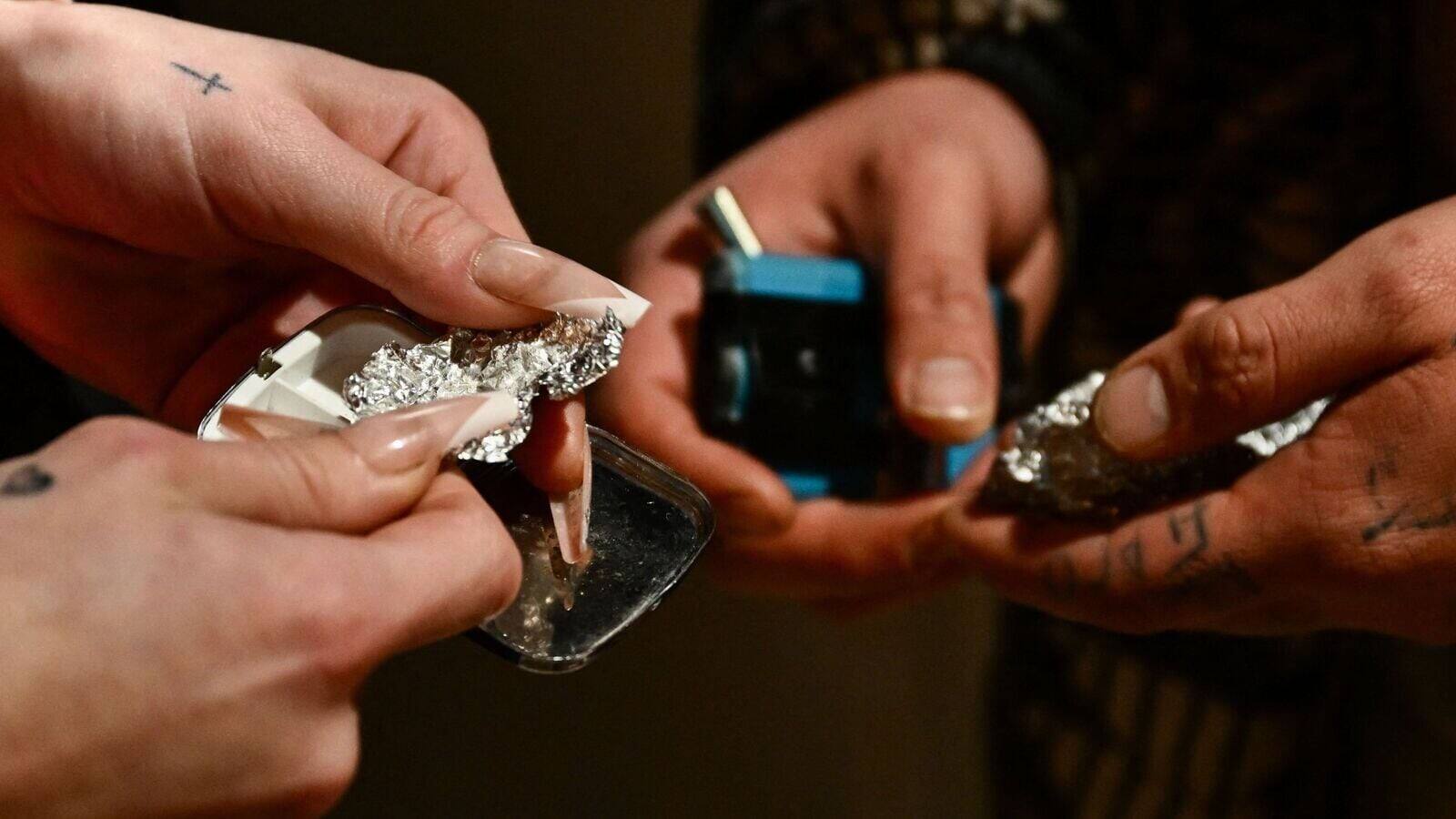
'Drug abuse by wealthy students led to Tripura's HIV outbreak'
What's the story
An alarming HIV outbreak in Tripura has been traced back to drug abuse among students from wealthy families, according to the Tripura State AIDS Control Society (TSACS).
The society's report reveals that 47 students have died and 828 have tested positive for the disease.
"We have so far registered 828 students who are HIV positive. Out of them, 572 students are still alive and we have lost 47 people due to the dreaded infection," a senior TSACS official said.
Drug link
Drug abuse among students
The TSACS official further disclosed that many of the HIV-positive students have left Tripura to pursue higher education at prestigious institutions across India.
The society has identified students from 220 schools and 24 colleges and universities who use injectable drugs, a key factor in the spread of HIV.
"Reports are collected from almost all the blocks and subdivisions before making this presentation," the official added.
Family impact
Affluent families' children majorly affected by HIV outbreak
The official noted that the majority of these students come from affluent families, often with both parents working in government service.
"In most of the cases, the children belong to affluent families who are detected positive to HIV. There are families where both parents are in government service and don't hesitate in fulfilling the demands of the children. By the time they realize that their children fell prey to drugs, it was too late," the official added.
Explained
What is HIV
HIV (human immunodeficiency virus) attacks cells that help the body fight infection, making a person more vulnerable to other infections and diseases.
It spreads through contact with bodily fluids of someone with HIV, typically during unprotected sexual intercourse or sharing injection drug equipment.
If untreated, HIV can progress to AIDS (acquired immunodeficiency syndrome).
There is no cure for HIV, meaning it lasts for life. However, effective treatment with antiretroviral therapy (ART) is available to manage the virus.